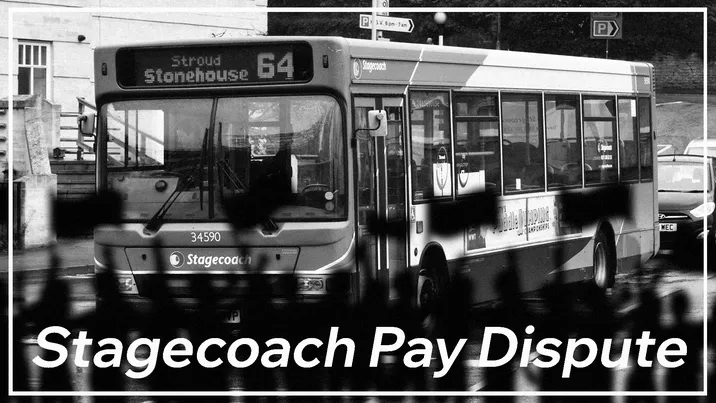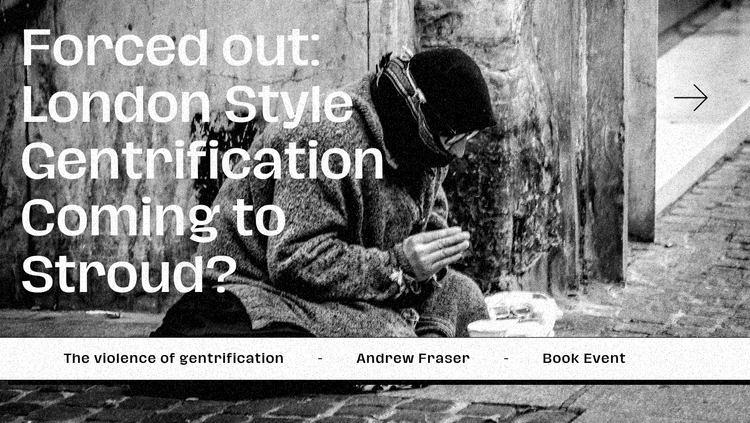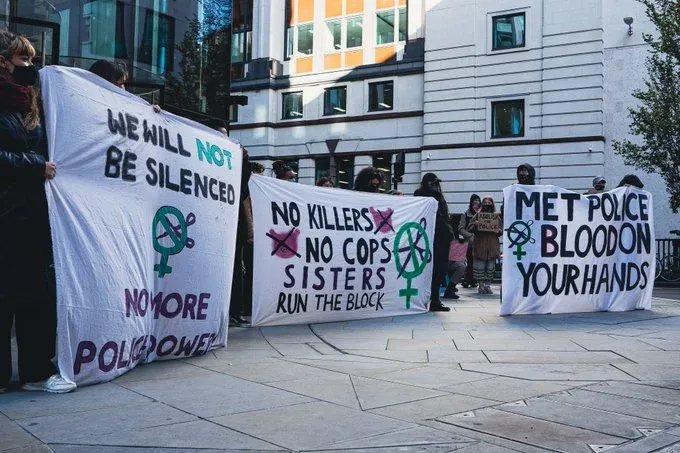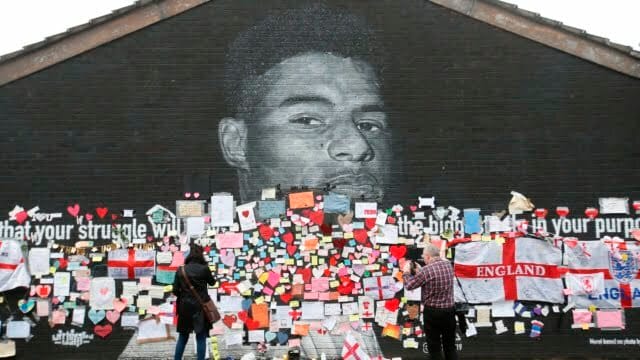Wartime Language and its use during the Covid-19 crisis

By Sean Buckley
Most of us are getting used to our new lives indoors, reorienting our days to fit a new set of rules. As the 75th anniversary of VE Day comes around it is worthy to note a significant proportion of the narrative surrounding the pandemic has started to consciously use a set of wartime language and narratives to distort the reality of the current situation. Although this has not been a uniquely British phenomenon, this country’s individually distorted relationship with its own history makes the use of the narrative increasingly misrepresentative and disturbing. Xi Jinping channelled Mao and declared a “people’s war’’, Macron echoed Clemenceau when he declared “We are at war!’’ and here in the UK the rank and file of punditry have been quick to draw comparisons between Boris and the now sacrosanct memory of Winston Churchill.
The comparison would be unseemly for some as Churchill famously sent tanks into Glasgow in the aftermath of a riot over workers rights in 1919 while he was Secretary of State for War. He also took part in a series of horrific campaigns across India, the Middle East and the African Continent in his youth including the implementation of concentration camps in South Africa during the Boer War and presiding over the Bengal famine of 1943. These moments are largely omitted from the grand narrative of Churchill, however, and his image serves largely as a cultural touchstone for the memory of how fantastically brilliant Britain was during the Blitz. It is a particularly effective memory and one that ties into a core tenet of hard right conservatism, a false memory of an idealistic past. It is dredged up often to justify a wide range of things, like why the ‘’young people’’ just need to pull themselves up by their collective bootstraps and buy houses, why we should accept racially charged immigration policy, and ignore the struggle for the rights of the LGBT community.
With the backdrop of the Covid-19 crisis however, this narrative takes on a more insidious form. The advantage of encouraging this line of wartime language for the government is simply that they believe the public will accept wartime deaths as inevitable and fail to hold the government to account for its quantifiably inadequate and dangerous actions. Amplify has previously covered the problems surrounding Personal Protective Equipment in the local area, PPE being an integral part of protecting key workers against infection that the government has unequivocally failed to provide in adequate or safe numbers. The importance of holding the institutions of power accountable for their actions leading up to and during this crisis cannot be overstated, not only to reclaim a modicum of dignity or justice for the preventable dead but in order to help rebuild after an event of this magnitude. Any attempt to subvert this needs to be immediately recognised for the dangerous rhetoric that it is.
This is why it is again disappointing, but unsurprising, to see our local MP Siobhan Baillie write a piece for the Stroud News and Journal under the heading “Let the Wartime Spirit inspire our battle against COVID-19’’, which is entirely devoted to memories of the war. The substance of the article amounts to little more than equating bombing to lockdown, for seemingly no other connection than they are both scary times. While the article is bookended by explicit comparisons between wartime and lockdown, the individual remarks about the bombing of Bristol and the night bombings of Painswick and Cranham serve little purpose in reality. You could perhaps see the resemblance if Churchill had been told for weeks that a bomb was going to be dropped on your house, he’d also told you how to build a shelter in your garden to save you from it, then stole all the nails and used them to lock your nan in the attic so it got her first. So as the UK death toll from COVID-19 begins to approach that of the Blitz, the only comparison to speak of is that a bomb in the middle of the night is random and unbiased towards class or profession, and an infection specifically preventable by government action is not.
If there are no appropriate lessons to be learnt from history then what is the objective of Baillie’s piece other than to add to the slew of wartime comparisons being pushed consistently throughout the pandemic? It is essential to remember not to use an event that remembers the human cost of past conflicts to dehumanize the cost of this one.
It is also important to say that the objective here is not to lessen the sacrifices made or the tragedies befallen by individuals during the war, only to point out the irony in using the cultural memory of the time we fought a facsist police state in order to gaslight the nation. The connections or resemblances drawn between the Second World War and the current crisis only serve to provide a cruel excuse for inaction and to brush off its human cost. It is easy to believe Baillie is simply doing her best to toe the party line when it comes to writing about Coronavirus. However – intentional or not – history exists to contextualise the present and help guide us through it, using it to mask and misdirect the accountability of power, however, will be irreparably damaging.






Member discussion